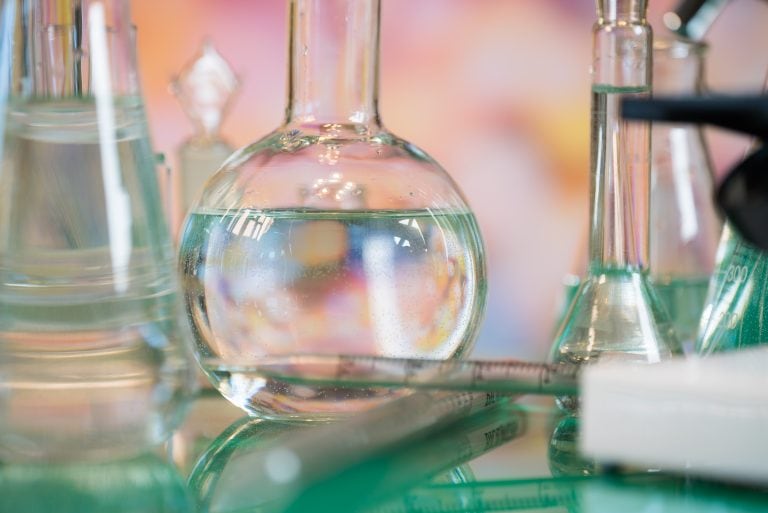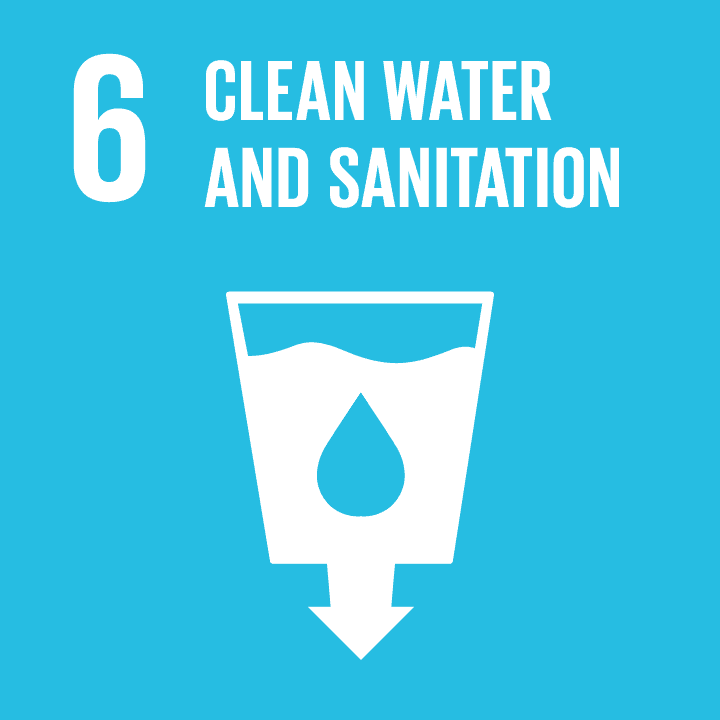Turning Salt Water into Fresh Water
 Photo: © iStock_Michał-Chodyra
Photo: © iStock_Michał-Chodyra - Resource Type
- Project
- Subjects
- Chemistry Physics
- Topics
- Sustainability
- Time for activity
- 01:00
In this experiment, the students will learn about the concept of changing the state of a liquid in designing and using available energy to convert salt water to fresh water.
- Introduction
-
Most of the water on the surface of the earth is in the sea. Sea water is salty because it contains many minerals, including salt. Many organisms grow and multiply very well in salt water, but some can only live in environments that contain fresh water. Humans need far more fresh water than salt water. Fresh water is mostly obtained from land, but not all land inhabited by humans has fresh water resources. Areas near the coast have abundant salt water from the sea but find it difficult to get fresh water. Can we turn salt water into fresh water?
This activity will focus the processes involved in turning salt water into fresh water. In this experiment, the students will learn about the concept of changing the state of a liquid in designing and using available energy to convert salt
water to fresh water.The boiling point of water at 1 atmosphere is 100° C. However, this does not mean that water will always begin to evaporate at 100°. Even at temperatures below 100° the process of evaporation of water may occur. Salt is separated from water through evaporation. At temperatures below 100°, salt will not evaporate significantly because the melting point of salt reaches 800°. So evaporating water below 100° can separate water from salt. To bring the water to boil, you can use fire or sunlight. Water vapor can be collected again by converting the water vapor into water via a cooling process, during which water vapor hits the cold surface and drains into a container.
This process is called distillation.
- Key Objectives
-
- Understanding that warming can change the state of things from liquid to gas.
- Understanding that condensation occurs when steam becomes liquid through cooling.
- Understanding that water and salt can be separated through evaporation.
- Guiding Questions
-
- How can we make salt water evaporate?
- How can water vapor be captured and stored?
- How can we liquefy vapor again? Using heat or cold? Why?
- How to build a construction to heat saltwater and store the steam in a different container?

/rating_on.png)
/rating_half.png)
/rating_off.png) (13 )
(13 )





